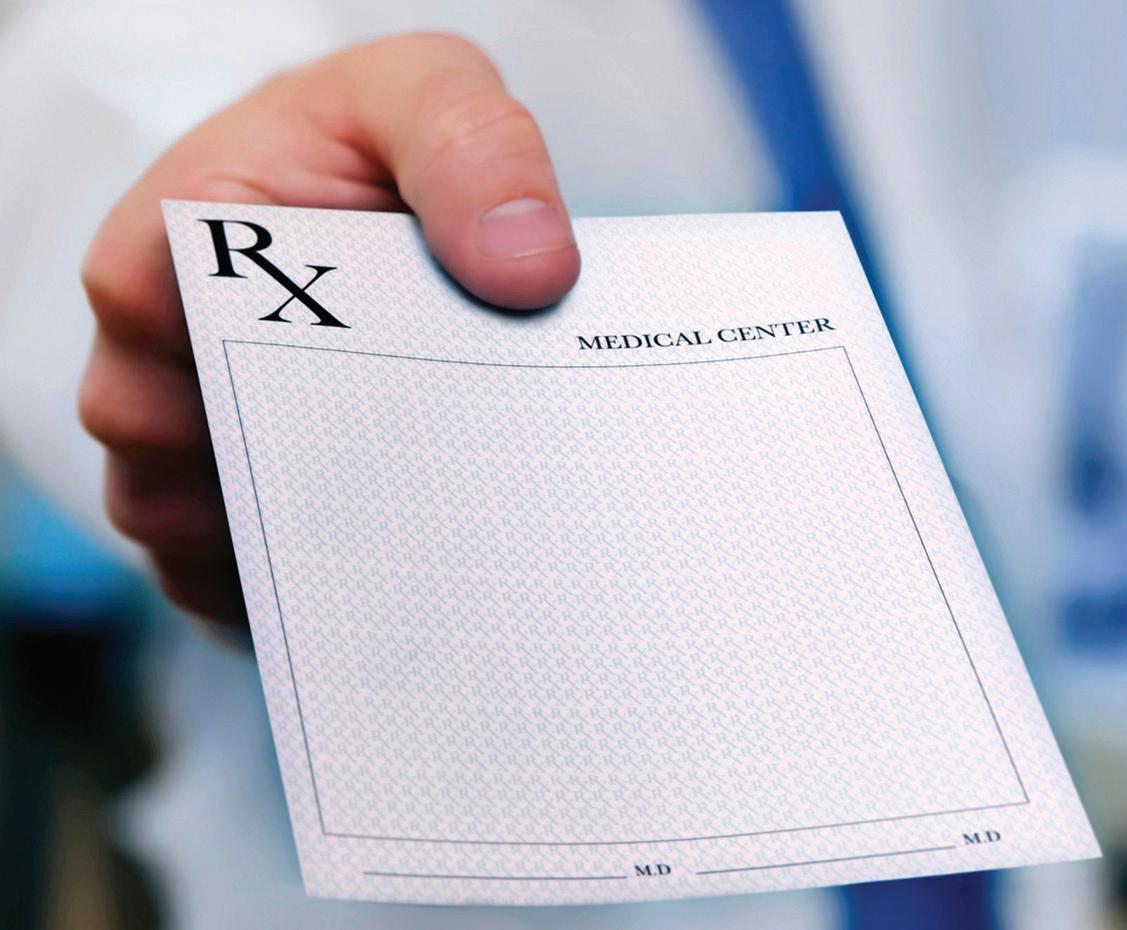
4 minute read
8 6 9 2 3 5 7 4
Middle Age ADVENTURES IN
BY J.B. COLLUM
“Come quick, I think maybe your dad had a heart attack!” Scary words for sure, and this wasn’t the first time I had heard bad news about a parent like this. At fifty, I was much better prepared for this type of situation than I was the first time it happened. Let’s take a ride in the way back machine.
The year was 1981, so I was only a teenager. Getting off the bus in front of my house I was greeted by a friend of my mother telling me, “Your mom is all right, but she had a heart attack.” My mother was in her mid-thirties at the time, so that was quite a surprise and worrisome. I didn’t feel much better until I actually got to the hospital to see her and she convinced me not to worry. Of course, that’s what moms do. She did recover though, and I am fortunate that she’s still with us even though it has been a few decades now.
At that time, my previous experience with hospitals had been limited to just brief visits. I didn’t have to worry as much as the adults. Worries about things like the cost or the long-term issues that illness can cause didn’t cross my mind. Although not as important to the big picture, minor yet very annoying things about health care can certainly make the experience less than optimal. What do I mean? Let’s get back to the fall of 2016 when I heard that first sentence up above in a call about my dad, and I’ll put it all together.
I picked my father up and took him to the emergency room where we got excellent care. As I had already learned, chest pain gets you through triage pretty quickly. My own experiences from about 11 months before, when I went through the same thing and got a stent put in my ticker, served my father well. I was able to inform and reassure and him during the process.
His heart didn’t show much damage, so everything turned out fine, and he also got a nice new stent in one of his arter
There are similarities between hospitals and prisons. Which one is better though?
ies and was sent home with a clean(ish) bill of health. The actual health care, like most of what I have personally experienced as a patient and as a patient advocate for my family, has been mostly excellent. The thing that I have come to loathe is all of the things related to health care.
What do I mean? Allow me to illustrate with part of my routine if I ever decide to become a stand-up comic. Imagine this next part with me onstage at a comedy club:
I’m not sure what’s worse; going to the hospital or prison. Sounds crazy, huh? Well, hear me out. There are at least three ways prison might actually be better.
First, when they put you in prison, you know when you are getting out. In fact, you might even get out early for good behavior. At a hospital? Not so much. Your doctor tells you something like, “You should be all done. Just a little paperwork and you should be out in an hour or so.” That “or
+ so” part is the key. When you hear that, think of it as like what the cable company tells you and remember how that actually turns out. No matter what the Doc says, you should be aware that it could be a few more hours or even days, or maybe next month.
The second way a prison is better than a hospital is how they starve you. “We’re sorry ma’am, but you might need this test done today, or next week, or maybe in June that requires you to fast, so you can’t eat or drink anything, but you can have some ice chips.” After several hours of this - or even days - and enough ice chips to preserve a prize marlin, you are still starving, and no test is in sight. If a prison tried this, it’d be all over the papers and heads would roll, but not at a hospital. Heck, even bread and water would be better than this.
The third way a prison is better than a hospital should be the most obvious. If you need medical care while incarcerated, that care is free! Or free to you anyway.
Well, that does it for the stand-up comedy. Next time, I will tell you about the time when I had to essentially break my father out of an out-of-state hospital that was much worse than a prison, and how a local hospital saved the day.
J.B. Collum is a local novelist, humorist and columnist who wants to be Mark Twain when he grows up. He may be reached at johnbcollum@gmail.com
READ EVERY ISSUE ONLINE issuu.com/medicalexaminer READ EVERY ISSUE ONLINE issuu.com/medicalexaminer
Money Doctor The
Because wallets should be healthy too

IN OUR NEXT ISSUE N N
S A L U B R I E





